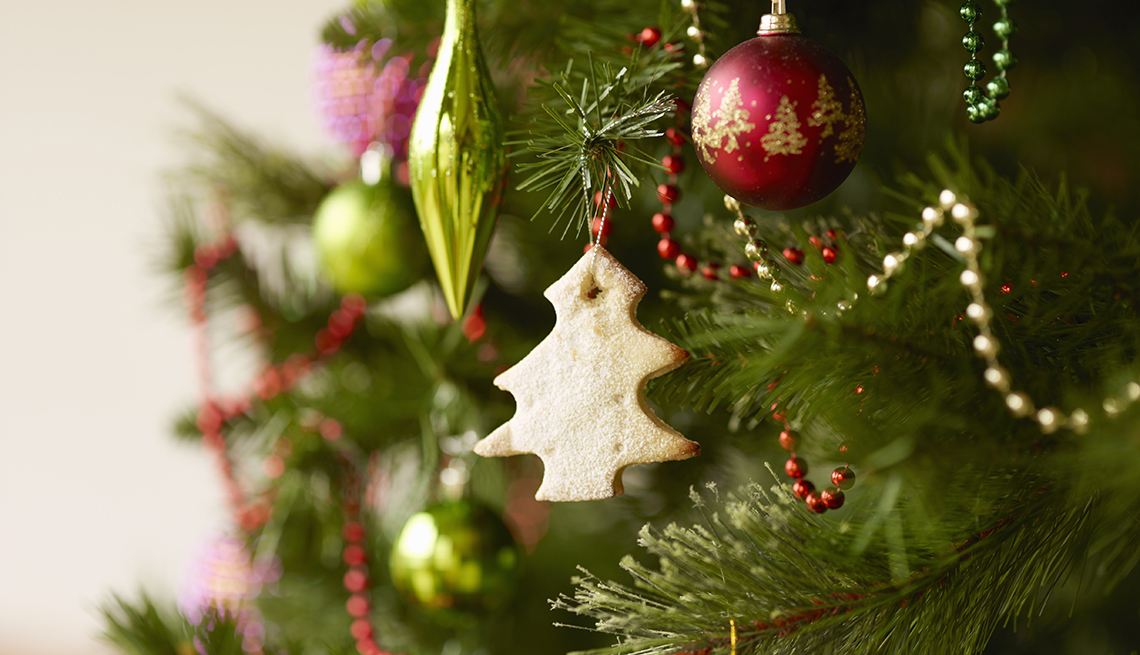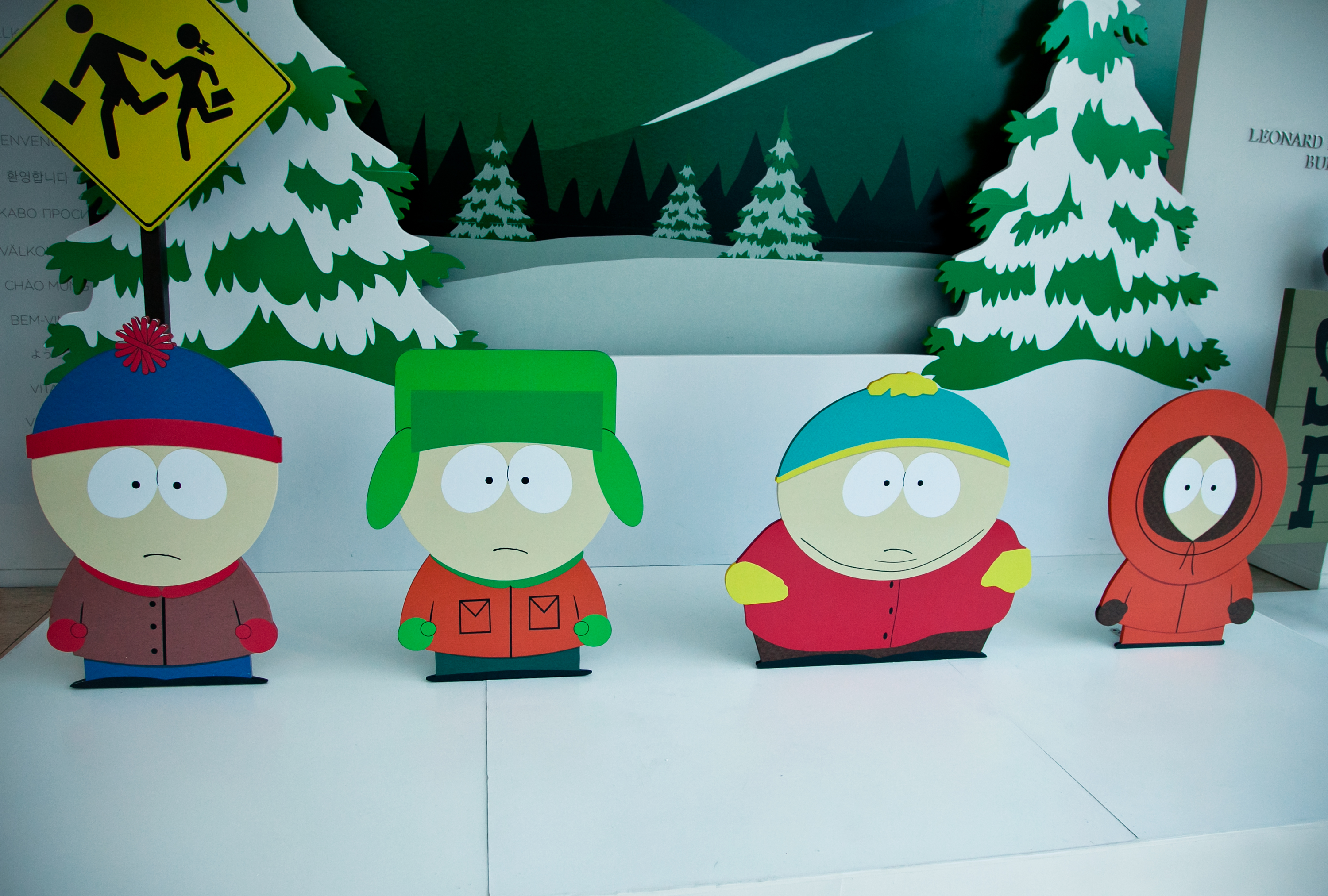
- Select a language for the TTS:
- UK English Female
- UK English Male
- US English Female
- US English Male
- Australian Female
- Australian Male
- Language selected: (auto detect) - EN
Play all audios:
For example, she usually spends the holidays with her siblings in western Massachusetts and was even able to do so last year. But this year she’ll be among friends in Naples, Florida, where
she bought a condo after learning to work remotely during the pandemic. She has embraced exploring and getting to spend her winters in a warm location. She’s focused on the process of
creating new customs and traditions. “I don’t know if this is going to work. I might come for one month some winters. Other winters I might come for four or five,” Jablonski says. “I feel
like just pausing and reflecting on what wasn’t working before and how things have changed.” It turns out, however, that changing habits or customs isn't easy for everyone. For some
of us, it can require a bit of work. “Habits come from the basal ganglia, from a part of our brain that basically exists to create habits,” says Charles Duhigg, a journalist and author
of _The Power of Habit: Why We Do What We Do in Life and Business._ “We know that for some reason, and this seems to be guided by genetics, that some people just really crave routine. … And
for other people, they are more sensation seeking and they like new habits more.” As Duhigg describes in his book, a habit can be personal, like smoking, or a common social custom developed
through peer pressure, such as how we are expected to behave at church or even during the holidays. That said, anyone can change a habit or custom, he says, by diagnosing the cue that trips
the routine and recognizing its reward. “Once you’ve diagnosed those, you need to find a new behavior, a new routine that corresponds to the old cue and delivers something similar to the old
reward.” CONNECTING IN NEW WAYS For Liz Miller, a professor in computer science at Bunker Hill Community College in Boston, a 2020 Christmas gift spurred a new way of feeling connected
when she couldn’t be with her six siblings at the holidays. “All of a sudden in November, this package arrived for me from my younger sister. And it was this advent calendar of Walker
shortbread,” says Miller, 66, who lives in Lynn, Massachusetts. The cookies, parceled out for each day from Dec. 1 to Christmas Eve, meant she would pause daily in her “crazy” schedule and
have a cup of tea and a piece of shortbread. Then her sister sent her different teas for Christmas and followed it up throughout the year with jams. Miller learned that when it’s impossible
to see family, a cup of tea can keep you connected. “If I can take a 5- or 10-minute tea break, it’s just a nice moment to sit back and think about something other than what it is that I’m
doing with students,” Miller says. “Now [my sister’s] sending jams and cheese to the other two sisters as well. So that we all sort of have our teatime in the afternoon and think of her,
which is really nice.” _Susan Moeller is a contributing writer who covers lifestyle, health, finance and human-interest topics. A former newspaper reporter and editor, she also writes
features and essays for the _Boston Globe Magazine_ and her local NPR station, among other outlets._
:max_bytes(150000):strip_icc():focal(999x0:1001x2)/Billions_series-finale-102623-4-52eb196cc3934304b8c4d61e9b737a29.jpg)







